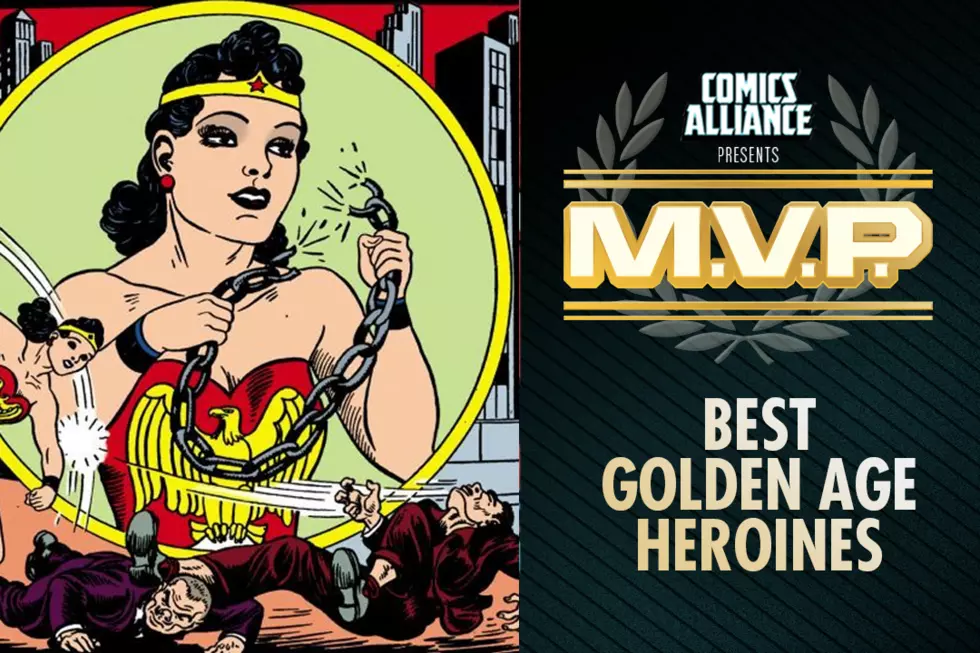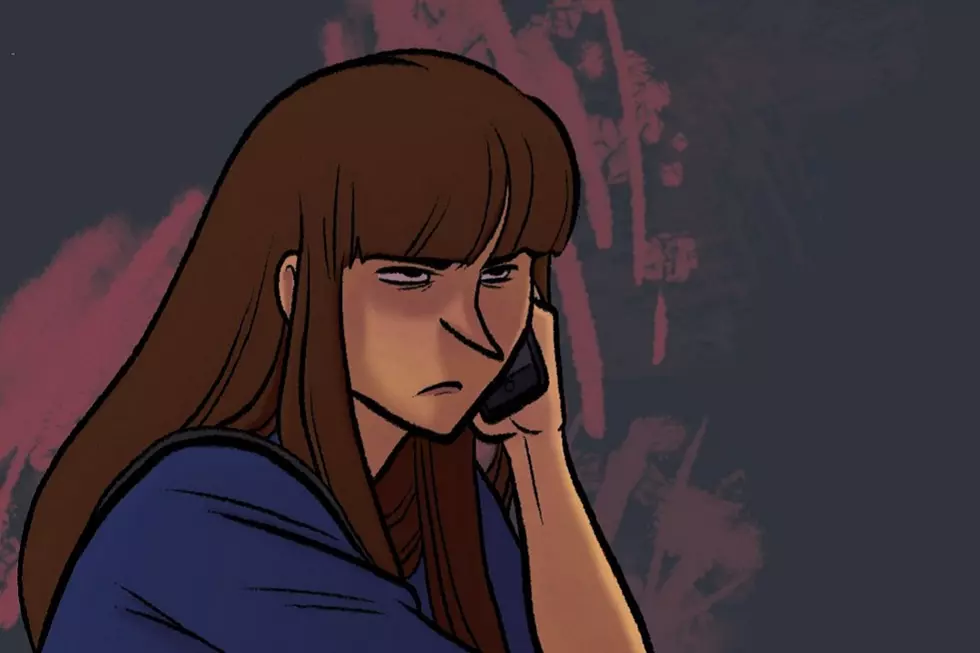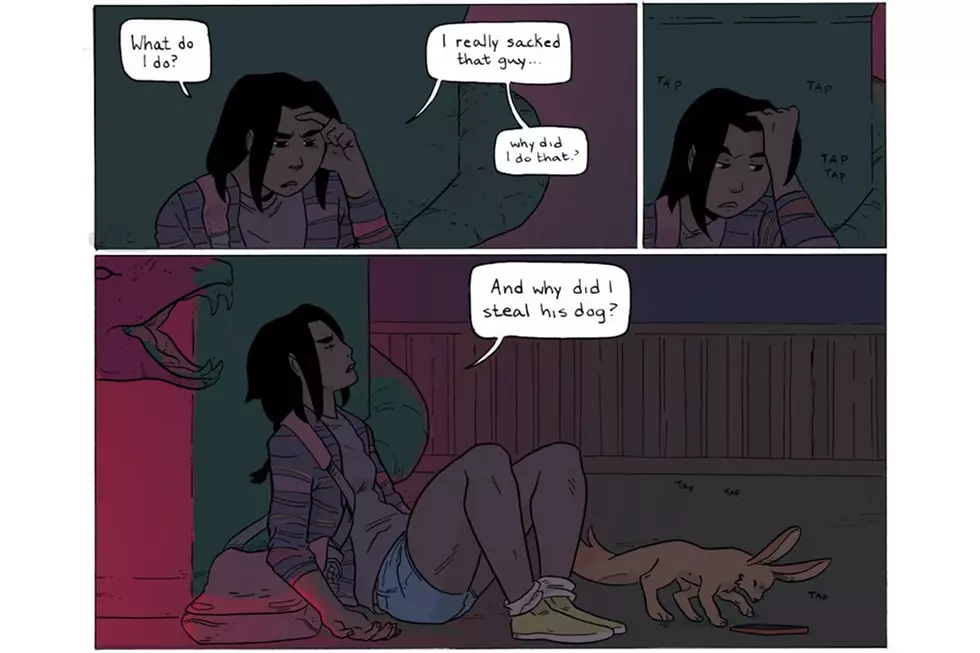
Empowering Versus Objectifying: How Power Matters For Real and Fictional Women
Cartoonist Ronnie Richie has a great piece up at Everyday Feminism that explains what makes a portrayal of a woman empowering versus objectifying. It seems like there should be an easy answer to this question, and Richie offers one, but they also make clear that creators and consumers still really need to think seriously about individual portrayals and depictions in order to understand the distinction. There's no one-size-fits-all answer to what makes something empowering rather than objectifying, because there's an eternally shifting dynamic in each situation: who has the power.
Richie posits that the difference between empowered and objectified is in whether or not the person being looked at has the power, or the person doing the looking. If a woman dresses sexy for herself and feels she has power, and the people looking at her do not have that same amount of power, then she is empowered. But if she dresses sexy to be a piece of eye candy for her viewers and not because she wants to be, then she is objectified.
Richie's entire piece is well worth a read, but this particular bit about fictional characters is particularly relevant to comics fans:
Thus, when a male creator chooses to put a female character in a sexualized costume, pose, or situation, they have all the power over that character, so unless they make it clear that their character is the one with the power in the situation, the character is being objectified.
Good comics creators already do this --- it's also related to making sure that female characters are written as three-dimensional human beings, not cardboard cut-outs.
Now, is this a perfect guideline that will reliably tell you if any woman in life or in fiction is being objectified? No, of course not; nothing is perfect. But it's a great start, and a great way to help people figure out if something counts as objectification or empowerment. Comics creators, take note!
More From ComicsAlliance
![When Everything Is Pink, Nothing Is Pink: Sarah Stern On Color And Creativity [Interview]](http://townsquare.media/site/622/files/2017/03/Cindersong-feat.jpg?w=980&q=75)








